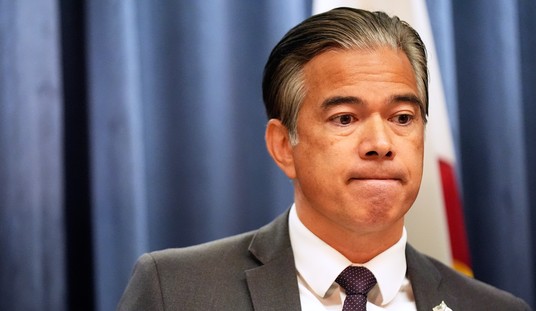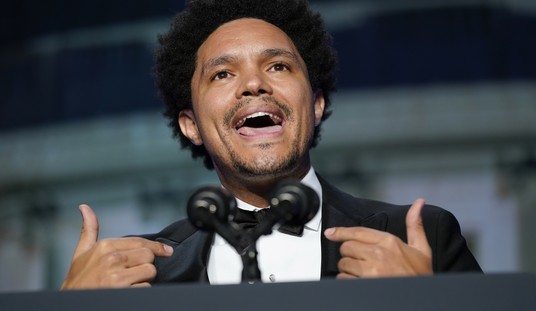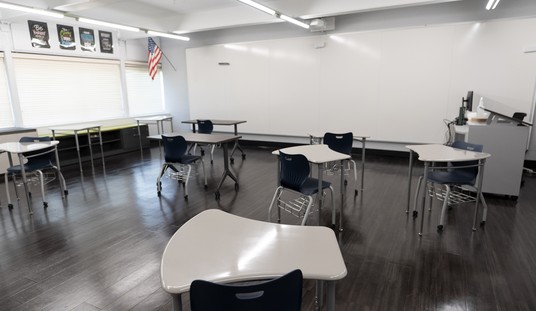Two years ago, Iran’s Supreme Leader threw a national election to keep Mahmoud Ahmadinejad as puppet — er, president of the Islamic Republic of Iran. Now, Ahmadinejad is apparently not on speaking terms with Ayatollah Ali Khamenei. Iran’s president finally returned to work after ten days of what can only be called a strike after Khamenei overruled Ahmadinejad on a Cabinet change, but a damaging split may have formed in Tehran for good (via The Week):
A power struggle between Iran’s top leaders could shake the Islamic Republic to its foundations, with no sign that its hardline president can regain the trust of conservative politicians and clerics, analysts say.
The unprecedented public intervention of Ayatollah Ali Khamenei in reversing President Mahmoud Ahmadinejad’s decision to dismiss the intelligence minister last month has put Iran’s Supreme Leader in the forefront of a power struggle that could harm the legitimacy of the Iranian government.
Khamenei’s status as lofty arbiter had already eroded when he quickly endorsed Ahmadinejad’s disputed 2009 re-election.
Now, he has shown no willingness to back off even after Ahmadinejad stayed at home for 10 days, boycotting cabinet meetings, in an apparent protest over the minister’s reinstatement. The president returned to work last Sunday.
The dispute has heightened the anger felt by conservatives over efforts by Ahmadinejad to wrest more control over security and foreign affairs from the clerical establishment. Now conservatives may take off the gloves, analysts say.
Let’s put the dispute in its proper context. This is a fight between hard-line conservatives and only slightly less hard-line conservatives. Ahmadinejad is hardly a reformer, and neither are his backers.
But that’s what makes this more than just a routine flare-up among Iran’s ruling class. Khamenei risked a revolution to keep Ahmadinejad in office, a move that required Khamenei to cede even more power to the Revolutionary Guard in order to put down the Green Revolution. It marginalized the clerics and made it clear to reformers that engagement in the electoral process was not going to change anything in Iran. The ruling clique appeared to tighten for survival, and this is the first clear crack in it in two years.
Reza Khalili at Pajamas Media notes that the split could reach the Guards as well:
Over the course of last week, the hardliners, thirsty for power and with the backing of Khamenei, arrested 25 people loyal to Ahmadinejad and Mashaei and have blocked several websites allied with them. Among those arrested is the cleric Abbas Amirifar, the prayer leader of the presidential palace. He has been charged in connection with the production of the movie.
In response, the Ahmadinejad supporters, which include many in the Revolutionary Guards and Basij, warned the hardliners (supporters of Khamenei) that there will be blood and that neither Ahmadinejad nor Mashaei will allow this attack without responding.
Most significant is that no one from the inside has ever challenged Khamenei to this extent, so his prestige is diminished.
If the split affects the Guards, it could quickly lead to a serious problem for Khamenei. The 2009 outcome showed that his continued control over Iran depends entirely on the effectiveness of his military force, which united to protect both Khamenei and Ahmadinejad. If the two men split the Guard, the next revolution in Iran will likely put both of them up against the wall at the hands of factions within their own palace army.








Join the conversation as a VIP Member